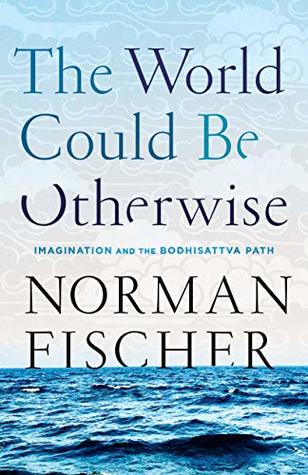Fundamentally, avoiding harm, doing good, and benefiting others always serve as a moral compass, even in sticky situations. Committed to these principles, we will have to decide, in any given situation, what can best be done. As long as we are always working to develop clarity, kindness, and love, and trying to reduce self-obsession, we can be confident that we will be able to decide what’s best, from our present viewpoint. If our best decision turns out to be wrong, we apologize, practice regret and repentance, and go on to the next choice, wiser than we were before.
Welcome back. Just a moment while we sign you in to your Goodreads account.


